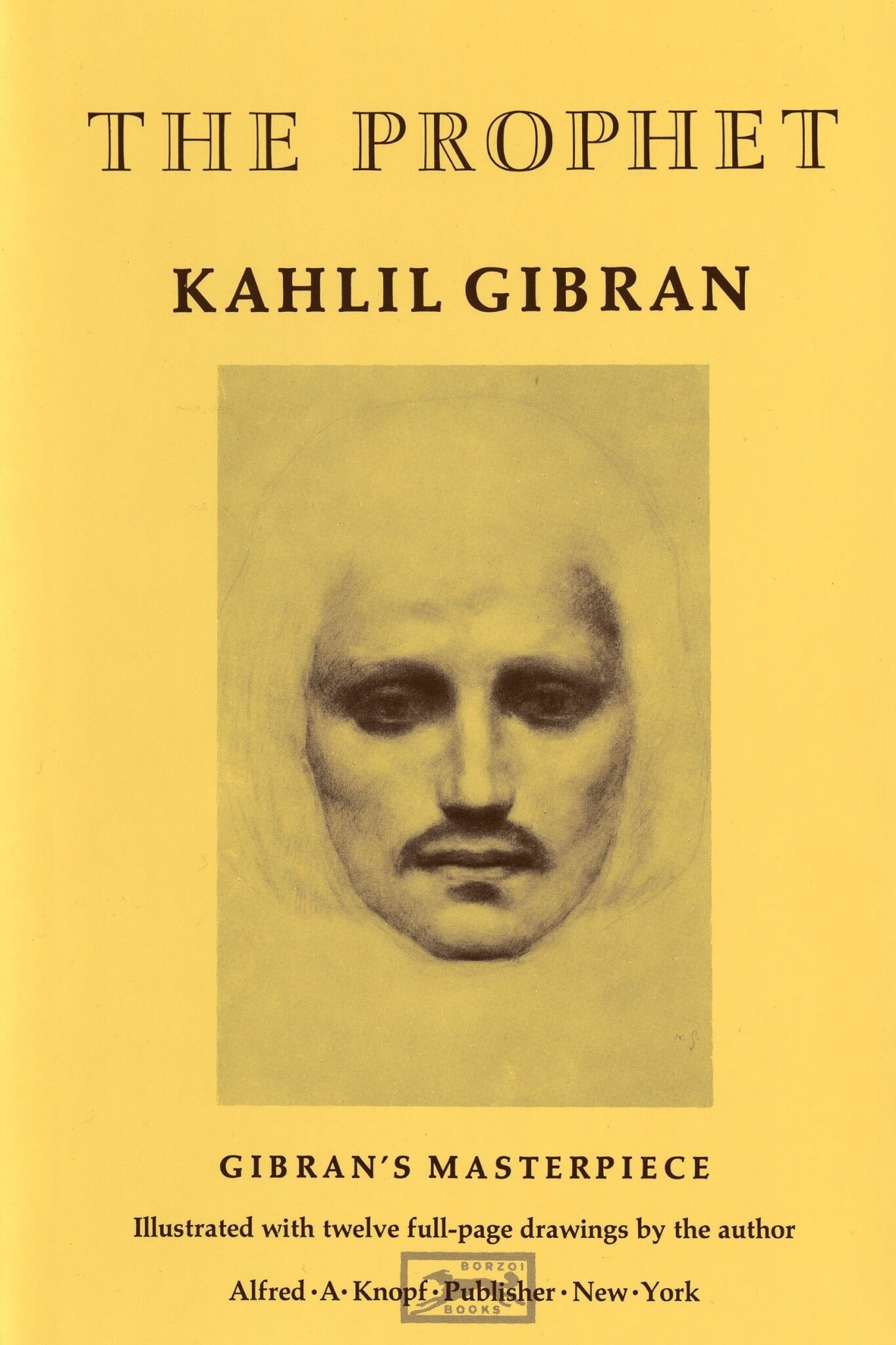
“And the oak tree and the cypress grow not in each other’s shadow”
The last line of “On Marriage” in “The Prophet”
I first heard parts of this masterpiece spoken at the funeral of a friend taken by cancer. I was deeply moved, so later asked the reader who wrote it, then bought the book and have gone back to it often since.
Last week I was in conversation with a friend who leads a business providing truly transformative training to organisations globally around ways for teams to work with ease and flow and so be successful in ways that, once they learn this work they can’t imagine being without it.
One high-level conversation we had about one of their models made me think of this Gibran passage in the context of team performance.
The model in question begins with core thoughts from psychology and takes them into organisations and teams. It begins with an assertion that a starting point for most relationships has a degree of co-dependence, where each feels the other depends on them to some degree. It then lifts a little to dependence, where that need is perceived to be in one direction rather than both directions.
The goal is to move to inter-dependence, where ambitions are mutually held and people work together in teams because they choose to, because they are drawn together by mutual ambition, and ultimately that they work together because they choose to.
This links to a definition I use of a leader, being (link to post on what is at source for this) :
A leader is someone others choose to follow
This also links closely to the concept of Teal organisations from Laloux’s book “Reinventing Organisations” (see my post on the book here).
The expression of elevating of organisational paradigms to “Teal” is self-management rather than hierarchies.
What, though, sits behind Teal, behind inter-dependent working relationships? What needs to be present in order for them to emerge and flourish?
What is needed is the same self-leadership and self-knowledge that allows us to thrive in all relationships, as idealised so poetically in Gibran’s poem, published in full below.
#OpenLeadership
On Marriage
Kahlil Gibran
You were born together, and together you shall be forevermore.
You shall be together when the white wings of death scatter your days.
Ay, you shall be together even in the silent memory of God.
But let there be spaces in your togetherness,
And let the winds of the heavens dance between you.
Love one another, but make not a bond of love:
Let it rather be a moving sea between the shores of your souls.
Fill each other’s cup but drink not from one cup.
Give one another of your bread but eat not from the same loaf
Sing and dance together and be joyous, but let each one of you be alone,
Even as the strings of a lute are alone though they quiver with the same music.
Give your hearts, but not into each other’s keeping.
For only the hand of Life can contain your hearts.
And stand together yet not too near together:
For the pillars of the temple stand apart,
And the oak tree and the cypress grow not in each other’s shadow.
